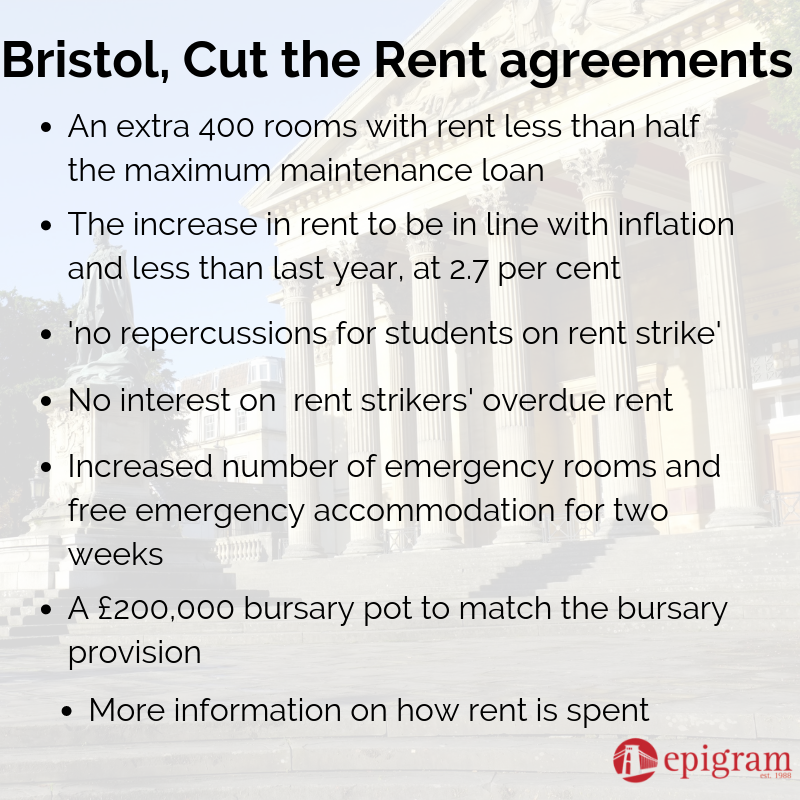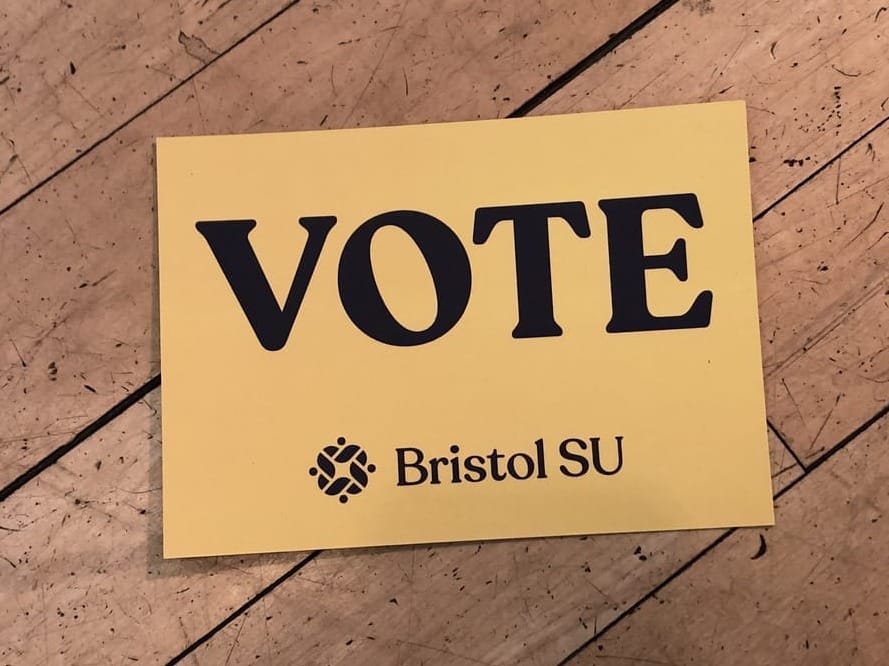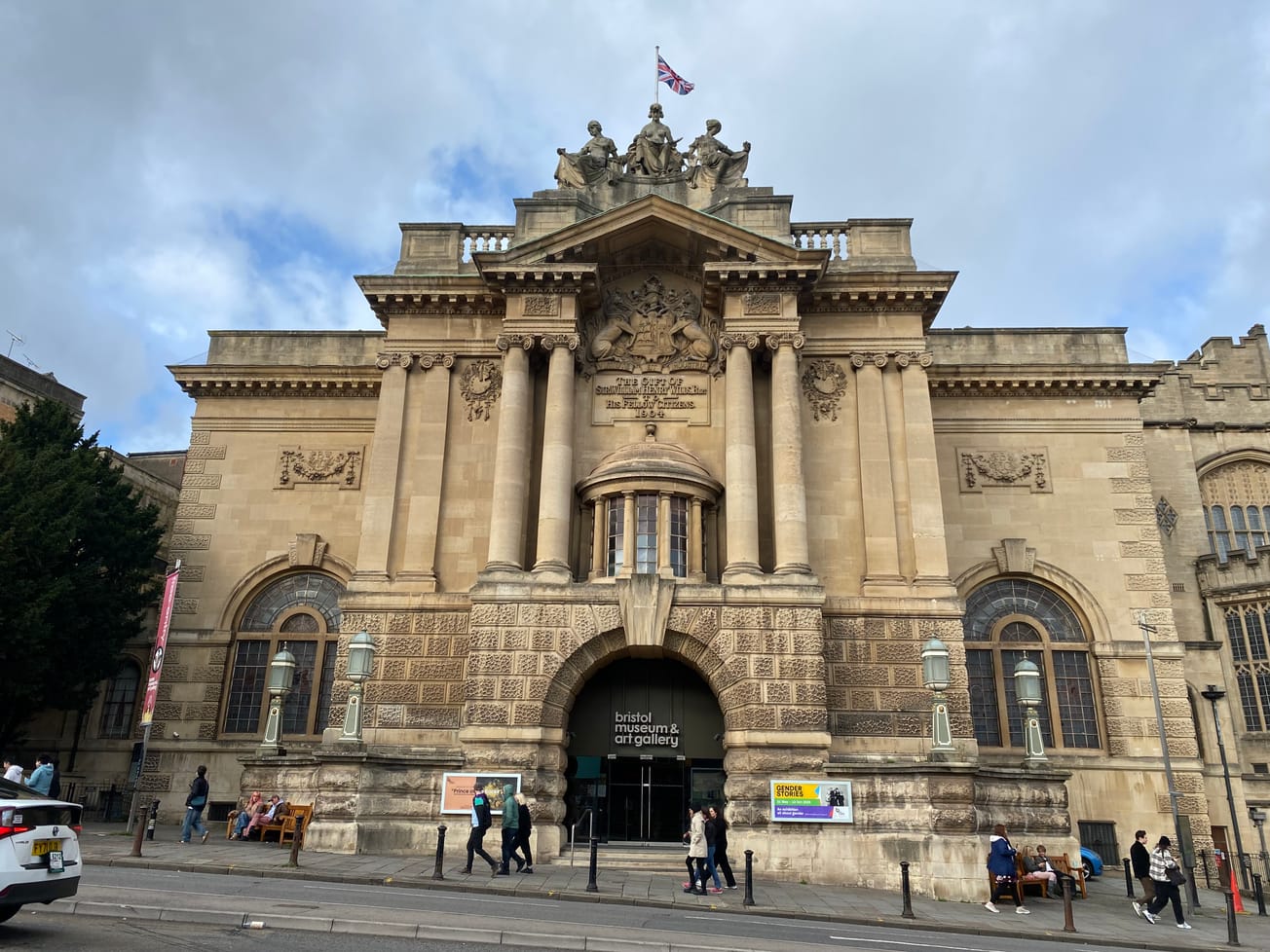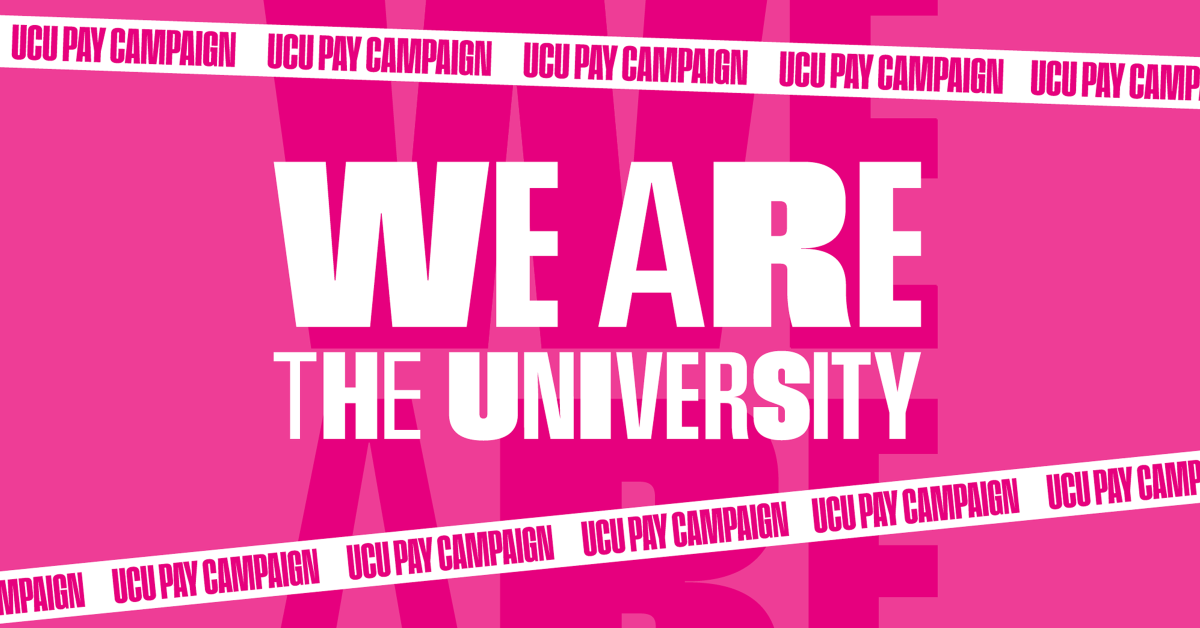By Will Charley, Comment Editor
Following talks with Bristol, Cut the Rent, the University has promised to ensure the rent of an extra 400 rooms is less than half the maximum maintenance loan
Bristol, Cut the Rent, a campaign group seeking affordable housing for students, met with representatives from the University of Bristol on the 2nd May and secured a number of promises.
Specifically, SU Student Living Officer Vanessa Wilson and another campaign representative met with Simon Bray, Head of Residential and Hospitality Services, as well as Robert Kerse, the University’s Chief Operating Officer.
At the meeting, the University’s representatives promised that the rent of 431 rooms would be charged at less than half of the maximum maintenance loans available to students, and that these rooms would be spread out across several Halls of Residence. This raises the number of beds at half the maximum maintenance loan available in 2019/20 from one per cent to five per cent.

Another concession achieved by Bristol, Cut the Rent, ensured that the rent increases in University rooms will be in line with inflation (RPI), with the average rent rising by 2.7 per cent by September 2019. By contrast, rent rose within University halls by 4 per cent last year, well above inflation.
The campaign group also received promises from the University that the number of emergency rooms, rooms given to students in times of crisis by the University, will increase. However, the precise number of extra emergency rooms being made available is unknown, with Bristol, Cut the Rent refusing to give a figure when speaking to Epigram.
One second year student who has used emergency accommodation and wished to stay anonymous, stated that:
‘[Emergency accommodation] has been hugely important to my year. Without the fall-back of emergency accommodation, I don't think I would have been able to cope.’
On top of this, Bristol, Cut the Rent got the University to agree to match its 2019/20 bursary provision by making £200,000 available for accommodation bursaries in the 2019/20 year, with hopes to increase this in 2020/21.
CUT THE RENT DEMO WEDNESDAYS 1PMRENT STRIKE! We are over 150 people on rent strike right now. Come to our demos every Wednesday at 1pm outside the Hawthorns: https://www.facebook.com/events/650478958747743/ RENT STRIKE YAAASSS
Geplaatst door Bristol, Cut the Rent op Maandag 6 mei 2019
However, Bristol, Cut the Rent, has also had mixed successes in other areas.
On their Facebook page, the campaign group stated that ‘the University has committed to there being no repercussions for students on rent strike’. Yet, the group also admitted that students may be visited by a third-party debt collector and the group has no clarification over what powers these collectors would have.
Similarly, whilst the University has promised not to charge interest on overdue rents, it stated that all students who were on strike would be put on a payment program and expected to start repaying their rent.
Another area in which Bristol, Cut the Rent had less success was transparency, with the group stating that they desired more information on University spending in halls and where student rent goes, having been given some information in the form of pie charts.
In their announcement, the campaign group stated that after only a week of the rent strike, students had secured ‘huge wins that will really benefit students joining the University’ and that Bristol, Cut the Rent’s strike has showed ‘the power of students coming together’.
Bristol, Cut the Rent also spoke to Epigram, saying:
'Our wins show that rent strikes work and students coming together to take direct action does win better conditions for students at the University. If anyone hasn’t paid their rent they can still join the rent strike by filling in the form: tinyurl.com/pledgetostrike'
And now on twitter! #theysayrenthikewesayrentstrike pic.twitter.com/cn2kAHTp7T
— Bristol, Cut the Rent (@CuttherentUoB) April 14, 2019
The reception to these announcements was very positive on the campaign group’s Facebook page, with one commentator stating ‘[it] shows what flexibility the uni really have financially when push comes to shove’, another writing that ‘you've got them on the back foot and can win more easily’, with all reactions being congratulatory.
Speaking to Epigram, Simon Bray, Director of Residential and Hospitality at the University, said:
‘We appreciate that accommodation is one of the most significant costs that students have to meet and have listened carefully to the points raised by Bristol Cut the Rent. Their aims and the aims of the University are aligned: we want our student accommodation to be as affordable and accessible as possible.
‘[The widening participation strategy, which includes bursaries] resulted in a 90 per cent increase in the University’s intake from students attending the lowest performing schools in the last five years.
‘We don’t make a profit from our student rents; all income generated is used for operating, maintaining and improving the residences including catering, 24/7 pastoral and wellbeing support in residences, sports activities in halls, and the bus services, as well as maintenance and refurbishment.
‘The price of our accommodation is similar to that charged by universities in the other cities in the south of England and we benchmark it against commercial accommodation providers in Bristol to ensure it remains competitive.
‘We plan to review the financial support offered to students living in our halls of residence again ahead of the 2020/21 academic year and will work in partnership with students and Bristol SU to identify other opportunities that will enable us to lower rents without taking money from teaching and research.’
Bristol, Cut the Rent have another meeting with University management scheduled for 13th May, in which they will continue to push their demands, available here.
Featured image: Epigram/ Cameron Scheijde









